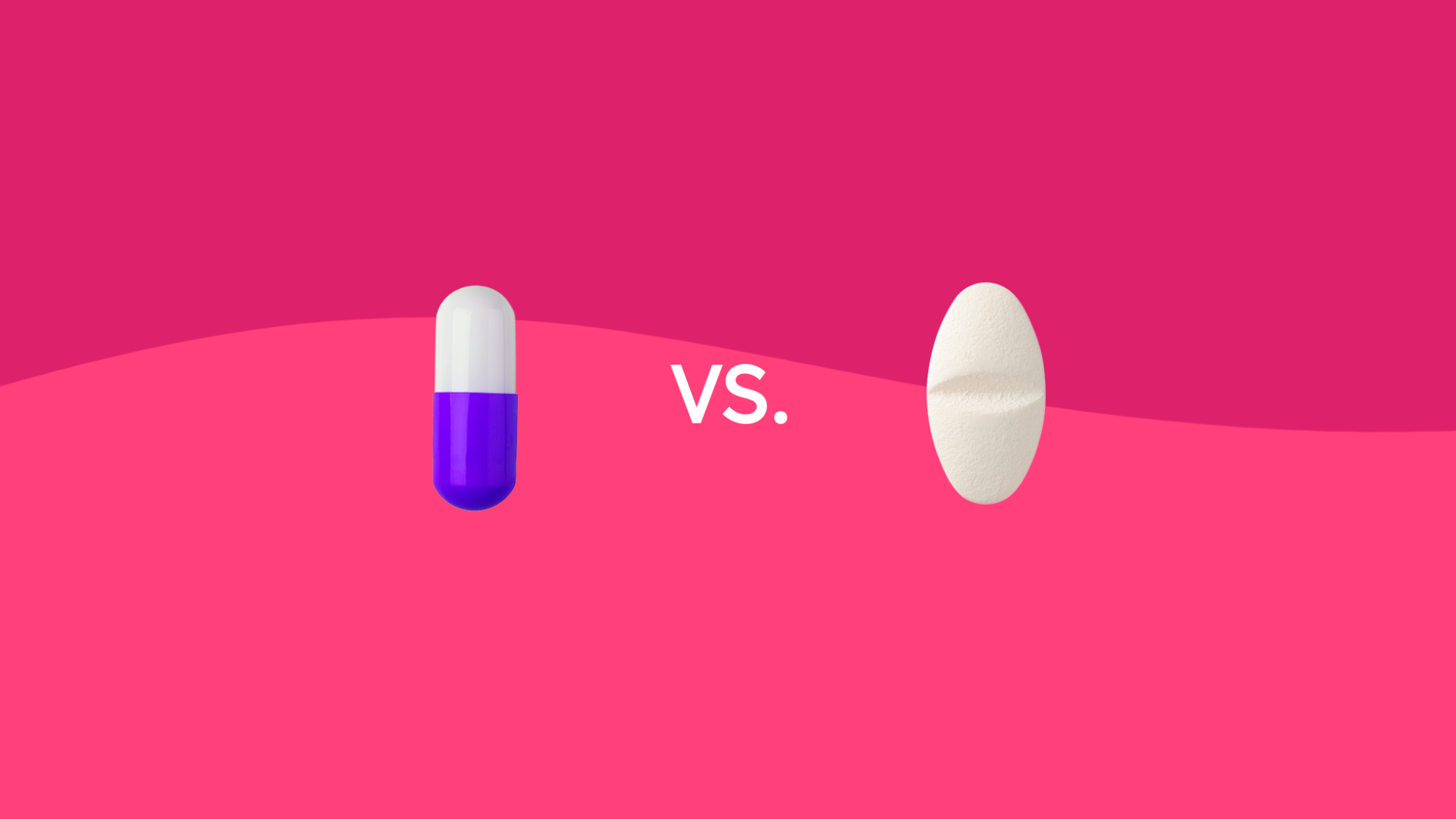The question of whether fluoxetine is a benzodiazepine has been a subject of debate for decades. Fluoxetine, known by its brand name Prozac, is an antidepressant that has become one of the most widely prescribed medications in the United States. But are the effects of this drug similar to those of benzodiazepines, which are prescribed to treat anxiety? In this article, we will explore the similarities and differences between fluoxetine and benzodiazepines, and discuss why it’s important to understand the distinction between the two.
Benzodiazepines are one of the most commonly prescribed medications in the United States, and they work by calming the central nervous system and inducing a state of relaxation. On the other hand, fluoxetine works by blocking the uptake of serotonin, a neurotransmitter associated with feelings of happiness and well-being. Although both drugs have their similarities, it is important to understand the differences between the two in order to make an informed decision about which one is right for you.
No, Fluoxetine is not a Benzodiazepine. Fluoxetine is an antidepressant, whereas Benzodiazepines are anti-anxiety medications.
Fluoxetine is a selective serotonin reuptake inhibitor (SSRI) antidepressant used to treat depression, panic attacks, obsessive-compulsive disorder (OCD), bulimia nervosa, premenstrual dysphoric disorder (PMDD), and a severe form of premenstrual syndrome (PMS).
Benzodiazepines are a class of medications primarily used to treat anxiety, but they are also used for a variety of other conditions, such as seizures, muscle spasms, alcohol withdrawal, and insomnia. They act on the brain and central nervous system to produce a calming effect.

Contents
Is Fluoxetine a Benzodiazepine?
Fluoxetine is an antidepressant drug that is often prescribed to treat depression, anxiety, and some other mental health conditions. It is in a class of medications known as selective serotonin reuptake inhibitors (SSRIs) and is commonly sold under the brand name Prozac. Many people wonder if fluoxetine is a benzodiazepine, a class of medications used to treat anxiety and insomnia. The answer is no, fluoxetine is not a benzodiazepine.
What are Benzodiazepines?
Benzodiazepines are a class of medications used to treat anxiety and insomnia. They work by slowing down the central nervous system and relaxing the body. Common benzodiazepines include lorazepam (Ativan), clonazepam (Klonopin), alprazolam (Xanax), and diazepam (Valium). Benzodiazepines are generally effective in treating anxiety and insomnia, but they can be addictive and have the potential to be abused.
What is Fluoxetine?
Fluoxetine is an antidepressant drug that is commonly prescribed to treat depression, anxiety, and some other mental health conditions. It is in a class of medications known as selective serotonin reuptake inhibitors (SSRIs). Fluoxetine has been found to be effective in treating depression and anxiety, but it does not have the potential for abuse or addiction like benzodiazepines. It is generally considered to be safe and well-tolerated, but it may cause side effects such as nausea, headache, and insomnia.
Frequently Asked Questions
Fluoxetine is a medication that is used to treat depression, anxiety, and other mental health conditions. It is part of a class of drugs called selective serotonin reuptake inhibitors (SSRIs).
Is Fluoxetine a Benzodiazepine?
No, fluoxetine is not a benzodiazepine. Benzodiazepines are a class of medications that can be used to treat anxiety, panic disorders, and seizures. They work by increasing the activity of a chemical in the brain known as GABA. Fluoxetine is an SSRI, which works by increasing the activity of serotonin in the brain. Serotonin is a neurotransmitter that helps regulate mood.
Benzodiazepines and SSRIs work in different ways and have different side effects. Benzodiazepines can cause drowsiness, while SSRIs can cause nausea, agitation, and insomnia. It is important to talk to your doctor if you are considering taking either type of medication. They can help you decide which one is right for you.
What To Avoid When Taking Sertraline, Fluoxetine, Paroxetine, Escitalopram (SSRIs)
In conclusion, Fluoxetine is not a benzodiazepine, and they should not be confused. Fluoxetine is a selective serotonin reuptake inhibitor (SSRI), a type of antidepressant. It is used to treat major depressive disorder, obsessive-compulsive disorder, panic disorder, and bulimia nervosa. Benzodiazepines, on the other hand, are a type of sedative-hypnotic medication used to treat anxiety, insomnia, and other conditions. They work by enhancing the effects of gamma-aminobutyric acid (GABA), a neurotransmitter in the brain. While both medications are used to treat mental health conditions, they are different in terms of their chemical makeup and therapeutic effects. It is important to understand the difference between them in order to ensure safe and effective treatment.
